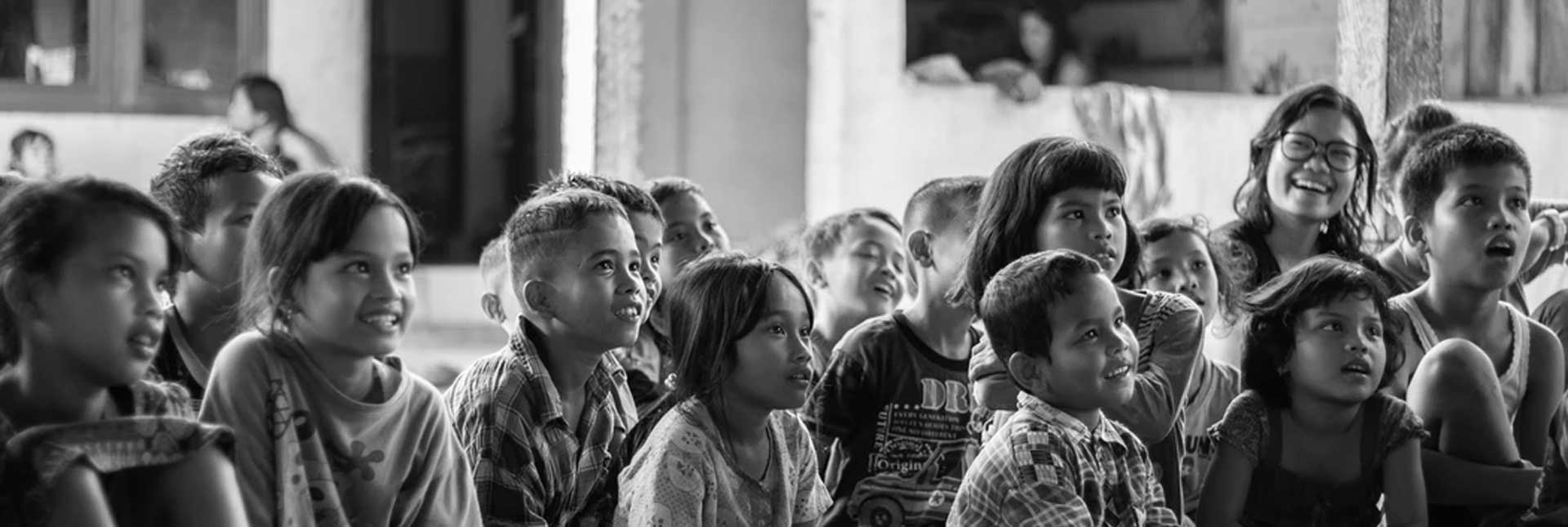
Blog Details
Kerala is battling one of the worst natural calamities of all times. Nearly 400 people have been killed, more than 1 million people have been displaced and nearly 8,000 houses have been washed away in the floods so far. We pledge to all our healthy inhabitants of our country , doctors, nurses ,paramedics to come forward and serve our brothers and sisters of the Kerala by donating your valuable time, money, essential daily Accessories ,medicines, food .
The role of the doctors in those flood affected areas:
Doctors can provide and ensure appropriate medication for chronic diseases like DM, TB, AIDS etc.
First Aid training:
In the situation like flood doctors should give the first aid training to workers who are working with vulnerable groups.
Vaccination during flood events:
There remain the huge possibilities of spreading water borne disease after any devastating natural calamities.
Hepatitis A and/or B vaccination is recommended for selected high-risk individuals such as public utility workers – those involved in cleaning operations, sewage, and waste or drinking-water management. Tetanus toxoid with or without tetanus immunoglobulin, as appropriate, should be recommended for those whose vaccinations are not up to date, and should accompany wound treatment.
Food safety during or after flood events:
Healthcare professionals can control food contamination by advising and educating volunteers as contaminated food will increase the risk of outbreaks of foodborne disease including diarrhea, dysentery, hepatitis A and typhoid fever.
Antivenom treatment:
Snake bites during floods are common. Bites by venomous snakes can cause severe consequences like paralysis and death. So, doctors should be ready in such disasters situation with a good stock of antivenoms.
Use of Social media:
Doctors can also use social media platforms to reach out to the people in relief camps by offering medical assistance and tips on sanitation. Doctors should encourage their peers serving the people affected by floods. During the flood, health care services may require to expand beyond the normal capacity to meet community demand Hospitals should, therefore, check that they have the following facilities. A well-functioning command-and-control system. Strategies for clear, accurate and timely communication. Well-developed safety and security procedures. A mass-casualty triage protocol. Surgery capacity – defined as the ability of a health service to expand beyond the normal capacity to meet increased demand for clinical care. Availability of essential services that can continue in parallel with the activation of a hospital emergency response plan. Systems for effective human resource management. A plan to ensure continuity of the hospital supply and delivery chain. Post-disaster recovery planning procedures.
We can’t give back the lives lost in such devastating flood in Kerala but we can hope that all the flood victims of Kerala will again stand up on their feet and will may get back their lost treasures if you contribute generously .Turnstone Global is always relentlessly trying to stand beside the people in need .So please contribute through the Chief Minister’s Distress Relief Fund.